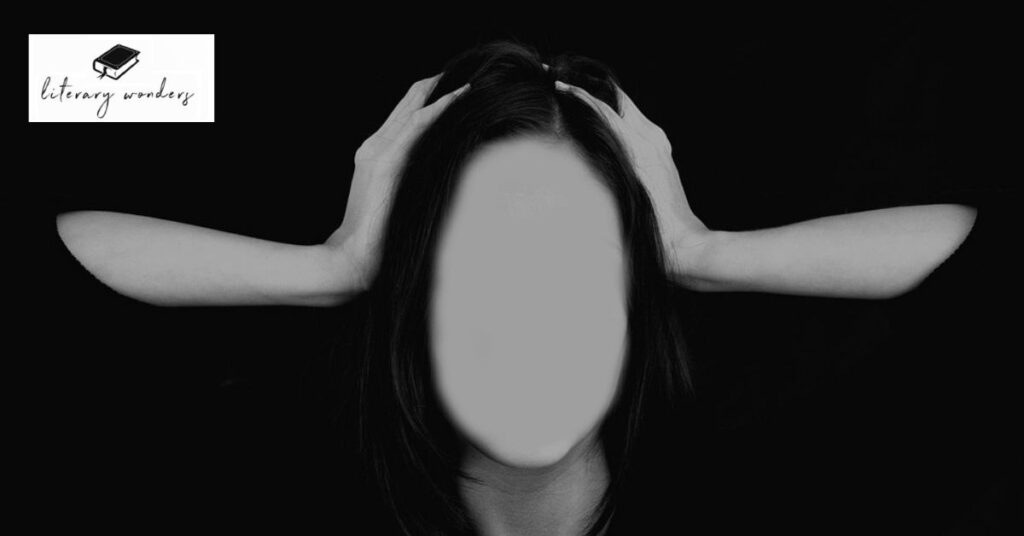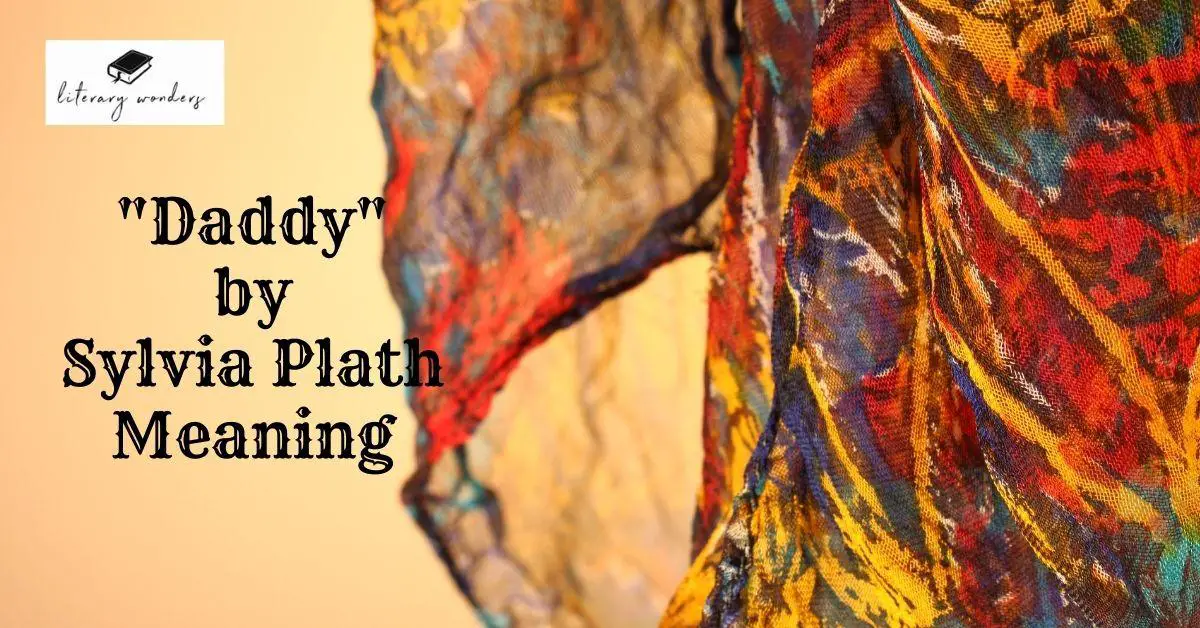
Introduction
The article, Daddy by Sylvia Plath meaning, will give you a better understanding and in-depth analysis of one of Plath’s most famous poetic piece.
Daddy, a dramatic monologue written by Sylvia Plath and originally published in her 1960 book The Colossus and Other Poems, has become one of the most famous poems in all of English literature.
Although it has sometimes been regarded as Sylvia Plath’s most disturbing and confessional poem, Daddy was written in July 1953, when Plath was twenty-two years old, only two years after she began writing poetry.
Despite its frequent inclusion in anthologies of 20th-century literature, Daddy had remained one of Plath’s least understood poems among critics who had not considered the context of her family life when she wrote it.
A Short Analysis of Daddy
The poem tells the story of an extremely dysfunctional relationship between a daughter and her father. In the first stanza, the speaker informs the reader that Daddy was her nickname for her father, indicating that she clearly saw him as someone who gave her care, comfort, and protection when she was little. The second stanza tells us that Daddy never changed after the speaker grew up, no matter how hard she tried to get him to grow with her.
The other stanzas further highlight the stout and stern behavior of her deceased father. She explains how she has spent thirty years of her life in imprisonment, with no choices of her own. She compares her father with a heavy marble, statue, and devil and with a swastika. Also, she compares him to a German air force, who speak a language that the speaker can’t interpret.
Although her father died when she was just 10, she married a man who resembled her father. Instead of erasing bad memories from her life, her husband added more misery to her life. Unlike a vampire, he drank her blood for seven years. It seems that the speaker has caught into a vicious circle of male dominance.
Major Themes in Daddy
Daddy is a poem that conveys fear, confusion, anger, and even sometimes hope. Daddy is not written in just one tone, but many feelings come out throughout each stanza. In line 1, when Plath says she refers to herself talking to her father, her antagonist in her poem.
From a personal point of view, you can tell how she felt towards him through how she addresses him as daddy as if to say he was like a child and when she uses mine instead, it shows more respect for what he did for her rather than how he does treat her. However, she also calls him a murderer, which would make you think of someone committing homicide or murder, making you feel like an angry son or daughter would feel towards their father.
The way she mentions death, it seems that it isn’t something new because her father may have been abusive before, so maybe he had almost killed his family multiple times. Therefore being used to death around him, however, with all these violent characteristics, there is still hope about whether he will change or go back to being his sweet old self again.
Analysis of Poetic Elements Used in Daddy
Literary and poetic techniques are used to bring uniqueness and depth in a simple poetic piece. Sylvia Plath has inserted various devices in the poem to give voice to her unexpressed emotions. The analysis of the devices used in the poem is as follows.
- Assonance: Assonance is the repetition of vowel sounds in a quick succession such as the sound of /e/ and /o/ in “bean green over” and “town is common.”
- Anaphora: Anaphora refers the repetition of same word or words to emphasize the point. Sylvia Plath has repeated the word “I” throughout the poem.
- Imagery: imagery is using impressive and jaw dropping images to appeal to the reader’s senses. Sylvia has used this device effectively in the poem such as; “fat black heart” and “drank my blood.”
- Metaphor: Sylvia Plath has used misery and death as an extended metaphor in the poem to show how problems lead a person toward deadly paths.
Symbolism: Symbolism is using symbols to convey ideas and emotions. Sylvia has used various symbols in the poem such as dominance, power, patriarchal norms, misery and pain.
Suggested Reading:

